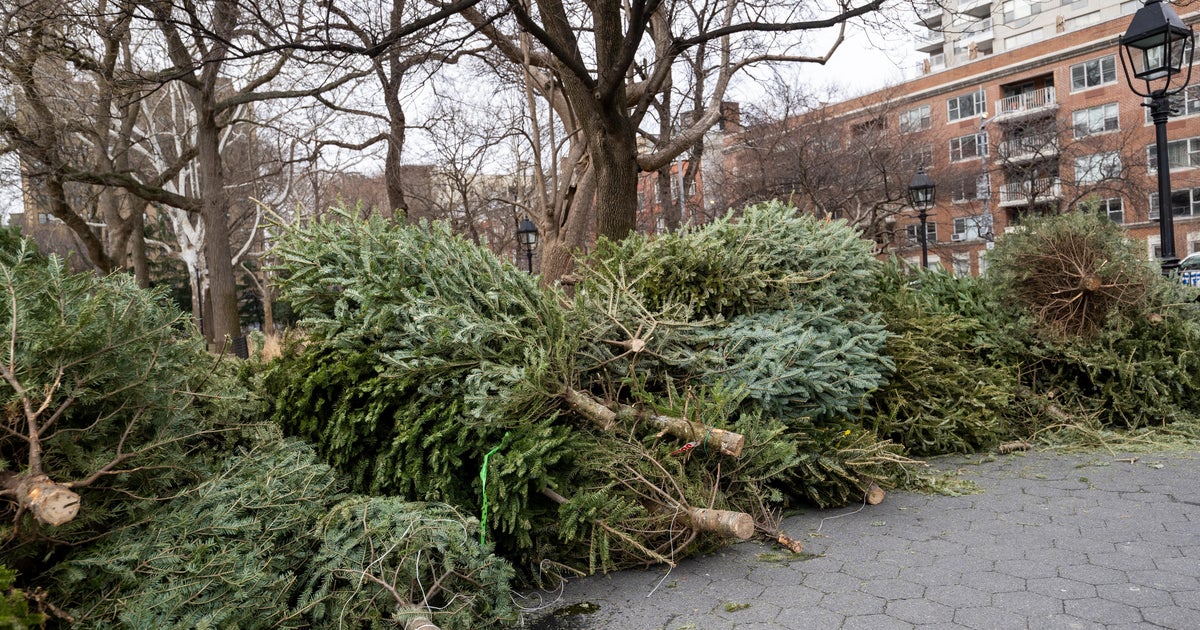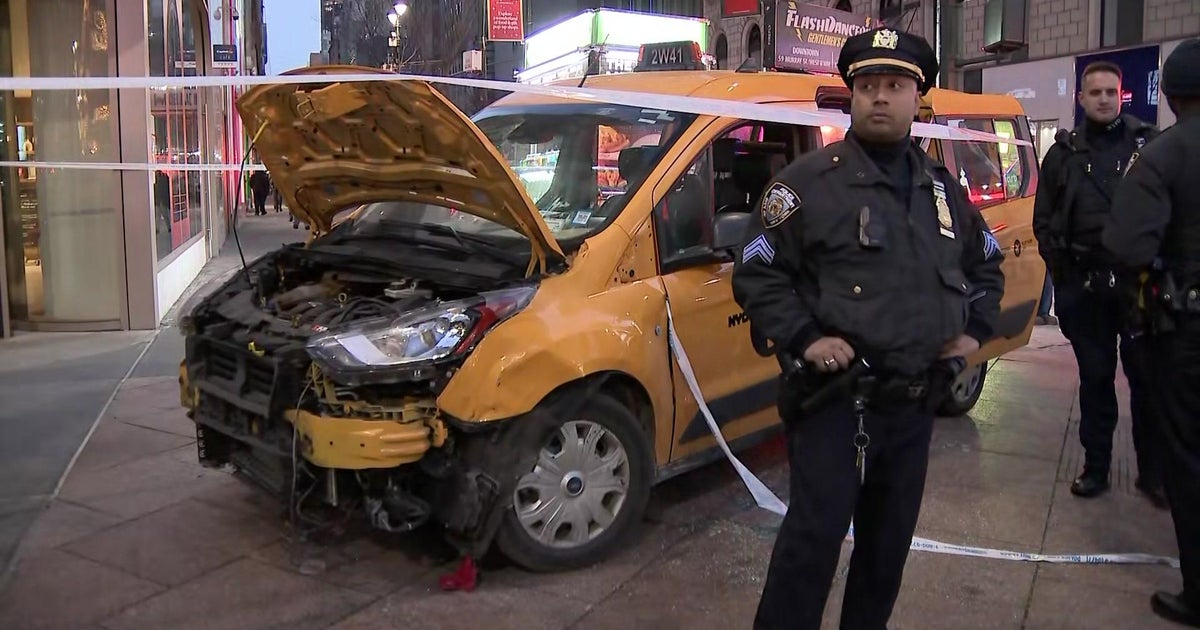1 year after Ida, New York City to build 2,000 new rain gardens, install flood sensors citywide
NEW YORK -- One year ago, the remnants of Hurricane Ida devastated parts of the Tri-State Area and took more than a dozen lives in New York City.
Thursday, Mayor Eric Adams and local officials held a moment of silence for the 13 people who died during the storm and announced plans to make the city more resilient, CBS2's Natalie Duddridge reported.
Adams said he wants to prevent tragedies like this from happening again and announced new measures, including new infrastructure that could provide residents with some protection.
Heavy rain often overflows the city's sewer system because most of the city is covered by non-absorbent, hard surfaces. So, the city is installing more than 2,000 curbside rain gardens, bringing the total to 11,000.
Each rain garden can absorb up to 2,500 gallons of water.
"People think we were just creating another space for a tree. No, it has a specific point," said Adams during a demonstration of how the curbside gardens soak up water. "They are a strong defense against flash flooding."
The idea is to catch rain before it runs into the sewers and potentially overflows basements.
"With so much concrete in the city, the water has nowhere to go," said Phillip Kinard, a South Ozone Park resident. "Since they've put these things here, it's helped out a lot."
The city is also installing 500 flood sensors over the next five years. They resemble surveillance cameras, but sense flooding and report information in real time to both officials and the public.
The sensors can alert residents to seek higher ground and tell the city which roads need to close during a storm.
"Our neighbors were victims of climate change. Thirteen New Yorkers died in their basement apartments due to flooding. This traumatized our city," Adams said. "Ida was not from coastal areas. We thought we could build higher walls, but Mother Nature showed us it was more than just higher sea levels. This came from rain, inwards."
The record rainfall stranded motorists and caused billions of dollars in damage.
"I would do anything necessary to prevent that from happening again," said Saintange Fleury, of South Ozone Park.
Rain gardens and flood sensors are just a few steps of many the city is taking as part of a larger infrastructure plan costing tens of millions of dollars.
"It's clear we need miles upon miles of new sewer and water mains across the entire borough. We need thousands of more rain gardens," said Queens Borough President Donovan Richards.
New York state is investing $41 million in Ida recovery efforts.
"I'm not buying these 100-year events. I'm saying our climate has changed," said Gov. Kathy Hochul.
New Jersey is supporting a $283 million program.
"Thirty of our fellow New Jerseyans were killed," said Gov. Phil Murphy. "Even a year on, we're still tallying up the dizzying costs of total damages."
Fifty-one people died in the Tri-State Area, including 32 in New Jersey, 18 in New York and one in Connecticut. In all, 91 people in nine states lost their lives.
All levels of government are shoring up infrastructure, saying it's a matter of when, not if, the next climate disaster hits.




